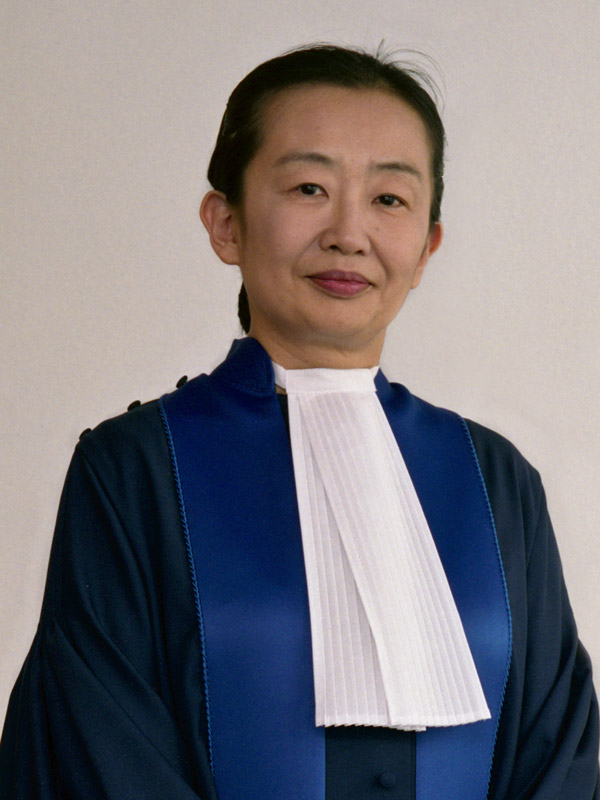International Criminal Court judge steps down from ambassadorial position after row

Judge Kuniko Ozaki
An International Criminal Court (ICC) judge who faced criticism for accepting an appointment as Japanese ambassador to Estonia has given up the new role.
Judge Kuniko Ozaki, one of three judges currently presiding over the trial of alleged war criminal Bosco Ntaganda, was given permission early this year to become a part-time judge, having previously served on a full-time basis since 2010.
Shortly afterwards, she sought permission from ICC judges to accept a paid role as Japanese ambassador to Estonia.
A majority of 14 judges decided that the appointment did not conflict with article 40(2) of the Rome Statute, which says judges “shall not engage in any activity which is likely to interfere with their judicial functions or to affect confidence in their independence”.
Three dissented on the basis that “the performance of an executive or political function for a State Party by an individual who remained a Judge of the Court was likely to affect public confidence in judicial independence”.
The dissenting judges emphasised “the significant risk that approving Judge Ozaki’s request could result in an eventual disqualification request under article 41(2)(b) of the Statue in the Ntaganda case or could be raised on appeal”.
Professor Kevin Jon Heller, associate professor of public international law at the Universal of Amsterdam and professor of law at the Australian National University, wrote on his blog last month that the appointment was “truly scandalous”.
He said: “To say that Judge Ozaki has acted unethically … is a considerable understatement. It is impossible to believe that she did not know about the ambassadorial appointment when she asked to become a part-time judge on January 7.”
Full-time judges are not allowed under article 40(3) of the Rome Statute to “engage in any other occupation of a professional nature”.
The presidency of the International Criminal Court confirmed yesterday that Judge Ozaki had resigned as Japanese ambassador to Estonia just two months after her appointment.









